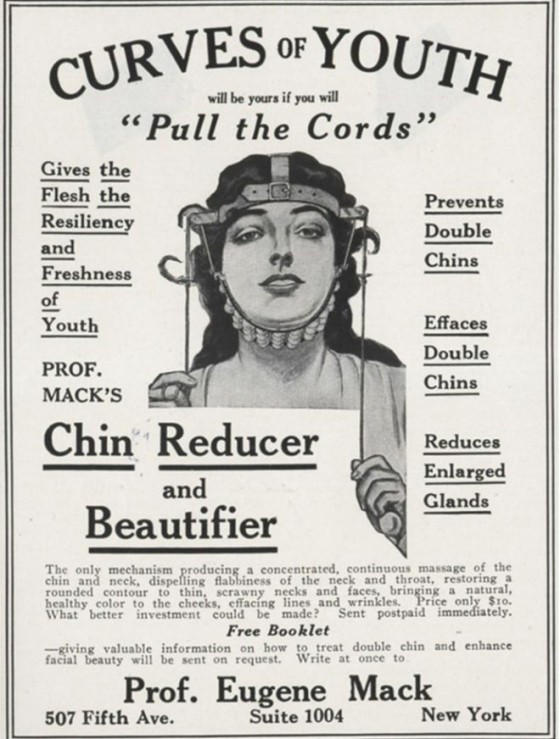The headlines regarding this recent study about claims made in cosmetics ads indicate things like "Most 'scientific' beauty product claims are bogus." As per usual, the headline isn't accurate at all; the study measured whether product claims were seen as accurate, which is an entirely different matter. Luckily, the question of whether customers think products are bogus is arguably more interesting than whether or not they actually are, so let's go from there—
In short, the study found that women think most beauty ads are bullshit. And appropriately so: They found ads that directly claimed superiority over other products to be flat-out false, and ads based on science to be vague or omissive. Interestingly, the ad type that was perceived as being most acceptable was endorsements—which makes sense, as most of us implicitly understand that at the very least, the person making the endorsement is agreeing of her own free will to make it (even if it's a talking-head fee, not the product's efficacy, that prompts the agreement). And cannily executed, an endorsement, particularly a celebrity endorsement, can be effective if the consumer sees a reflection of herself in the spokesperson.
So we're not suckers for iffy advertising; that's great. But if we actively do not believe the advertising, why are we buying the products? Reputation? Curiosity? Joyful participation in consumerism? Hope? The study I'd really like to see is one in which women who actually buy these products (I include myself here) judge the ads. I'm just as skeptical as the women in this study, but my bathroom shelf has plenty of products that make science-ish claims on it. I do my research, sure, and if I don't think I see any change I don't buy a product again. But the trick of the beauty industry lies in that little blip: If I don't think I see any change. Most things that come in a jar are going to have effects so subtle that their effectiveness is largely in terms of perception, not anything measurable. I think the retinoid cream I use helps keep my skin smooth, but do I know?
The science of beauty ads isn't meant to educate consumers on polymers and retinoids. The science only needs to be assuring enough to fill in that gap between thinking and knowing a product is "working," whatever any consumer's definition of "working" might be. Cosmetics' science claims don't hold up independently, and they don't need to. They just need to hold up enough to nudge us right over the border of where hope and possibility meet.
I've talked with plenty of women about why they wear beauty products, specifically makeup and how it plays into women's day-to-day routines, but not so much about why they buy them. Tell me: What goes through your mind when you're deciding whether to purchase a product? Are you evaluating the product's claims, parsing the words on the label? Are you going by what trusted sources have said? Do you go into a purchase with cynicism, or hope, or both?
